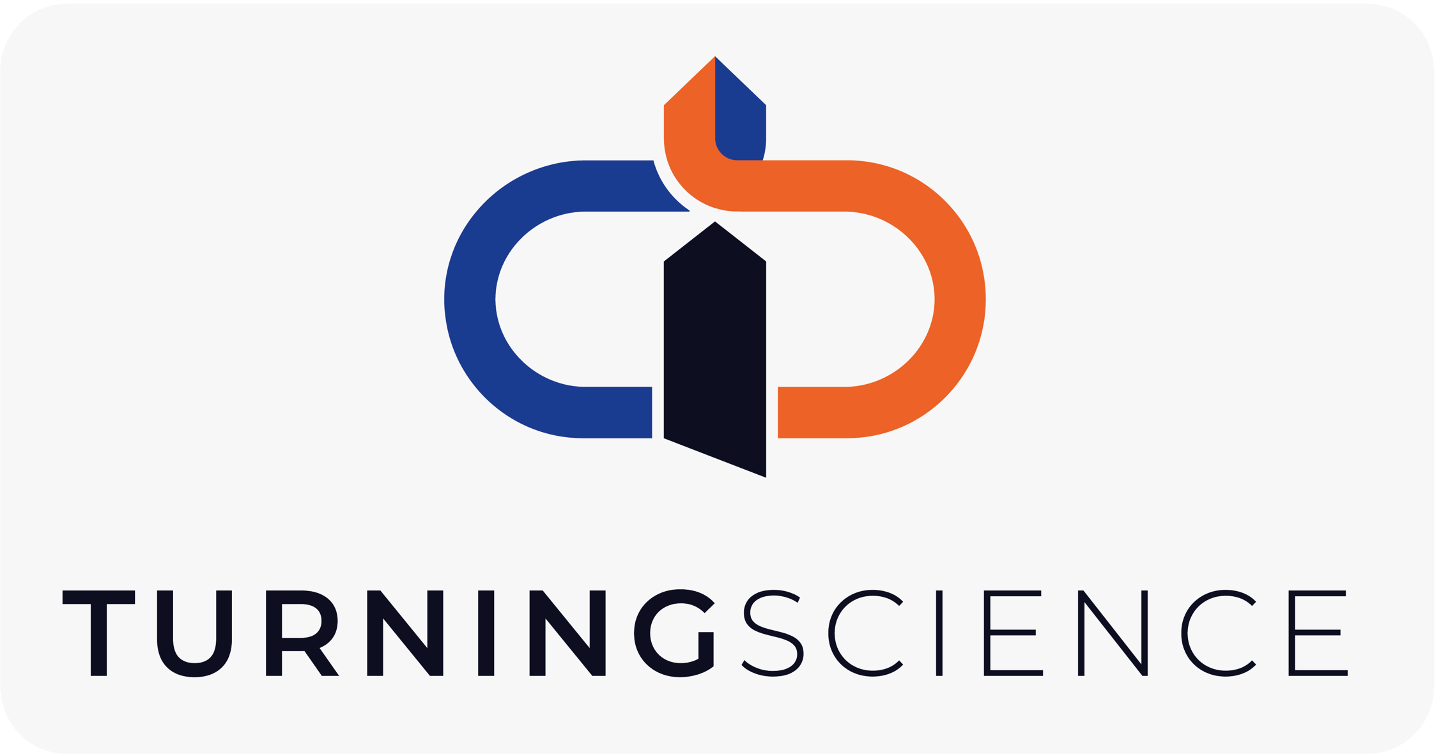Industry Collaboration is a Great Source of Research Funding
An interview with Carl Patton, PhD
Meet Carl:
Dr. Carl Patton is an Professor Emeritus in the Physics Department at Colorado State University (CSU). Carl has a BS in physics from the Massachusetts Institute of Technology (MIT), and an MS and PhD in electrical engineering from the California Institute of Technology (Caltech). After completing his PhD, he joined Raytheon in Waltham, Massachusetts where he worked for 4 years before joining the physics department at CSU in 1971.
The research group he built started with fundamental research on ferrite materials and studying magnetism in metals and alloys, but evolved to pursue a variety of basic and applied problems which range from the fundamental understanding of magnetic order to the study of materials and device structures for memory and high frequency applications. Throughout his time at CSU, Carl has built an impressive array of collaborations with private sector companies, primarily in the magnetic storage industry.
Below is an excerpt of my interview with Carl to discuss his career path so far. (Look for the full interview in my book, Shaping the World: The Vital Role of Scientists in Industry)
An excerpt from our conversation:
Dave: How did you come to collaborate with the private sector in your university role?
Carl: There were lots of interesting applications in magnetics in those years, particularly as personal computers became more important and technologies for magnetic storage were developed, first using ferrite cores and then in thin films.
What I discovered is that many of the companies developing those technologies didn't have a clue how to measure some of the basic properties they needed to understand to be competitive in magnetic storage. Whenever I got an inquiry from a company that needed to measure something that I could do, I did it. That grew into some very successful collaborations.
‘I’d describe the diagnostic work we could do in my lab, and people realized we might be able to help them with their product development and they would approach me after the talk.’
Dave: Did you have any challenges still being able to publish when you worked with companies?
Carl: No, our arrangements were fairly simple and the diagnostic work we did was not related to company IP. We’d perform some measurements on their materials, and then could publish results for the same diagnostic techniques obtained on a similar material. The material properties were not the sensitive information, and the publications made no connection between the company and the results. There was also no problem publishing other research that we did, even when we used equipment their money helped buy.
Dave: How would you describe the balance of fundamental and applied research in your lab?
Carl: All of my work was pretty much fundamental research on the microwave properties in materials, but I suppose one might call it applied research because it has been used for practical applications. I didn't really do any device work, though.
Dave: What do your academic colleagues think about your work with industry?
Carl: Not everyone in the physics department sees it as a good thing, but industry funding has helped me do more of the fundamental research that I wanted to do.
Some of my colleagues feel it’s important to only do fundamental research, but then they struggle to get the funding to do what they love to do. Those people who don’t embrace industry collaboration don’t understand that industry funding would actually enable their fundamental research. The physics department ends up supporting some of these professors’ research because they give grad students Teaching Assistant (TA) positions when their advisor runs out of grant funding.
Dave: How have your students and postdocs viewed your industry collaborations?
Carl: They embraced it because it gave them great connections with companies who might employ them. My students and postdocs would typically go visit the companies and spend time with them, and this was excellent exposure to how industry functions and what value a company needs from them.
The culture in our research group embraced industry as a great career option, unlike some of my colleagues’ research groups here in the physics department. I see that my work with industry helped me educate my students for their careers. That’s my job, so it was a very good thing to do.
Dave: Did it turn out to be helpful for their careers?
Carl: Yes, it was very helpful. At last count, eight of my PhD students secured jobs at Seagate. They’ve been there for many years, and several have had management positions.
I often tell them their greatest accomplishment is that they have all survived multiple layoffs. Why have they survived? Because they keep putting things on the table, and their employers continue to see the value they provide. I’d like to think that my mentoring contributed to that, because I always told my group they needed to put something on the table every week. What you did last week doesn't count. Continually ask yourself, ‘What have I done for the group lately?’
Find Carl’s profile here.


